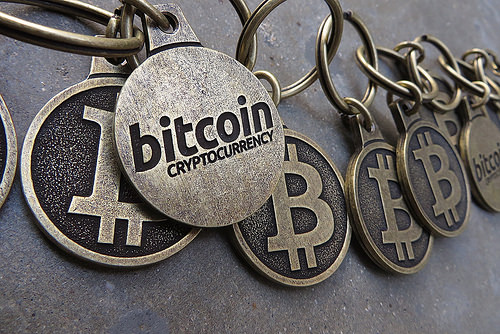If you are new to cryptocurrency (or token-based) blockchains or plainly haven’t updated your Bitcoin blockchain in a long time, you’ll want to get the latest data on your blockchain ledgers quickly and efficiently. Otherwise, you’ll be in for a long wait time. Let’s learn about hacks to get your blockchains downloading and processing faster!
Why does it take so long to download a blockchain?
Bluntly, you are now acting as a node on the network. Your node is downloading and checking the validity of every blockchain transaction in the ledger since the inception of the cryptocurrecy. For example, if you are syncing the Bitcoin blockchain, it is currently ~160GB and roughly 10k transactions an hour. Prepare to wait. 🙂
How much hard drive space do I need to store a blockchain?
A lot. The current size of the Bitcoin blockchain is roughly 160GB and growing. If you hold other coins or tokens you’ll need copies of the entire blockchain for those coins as well. Be sure that you have enough storage available and room to grow.
A good recommendation to speed up your blockchain download is to use a hard drive with high read/write speeds when accessing both sequential and random data. Ideally, a Solid State Drive (SSD) or a mechanical drive with lots of cache.
How much RAM do I need?
Ideally, you can run the Bitcoin blockchain and Bitcoin Core (bitcoin-qt) in about 600MB of RAM but expect a long download of the blockchain.
The default Bitcoin core dbcache settings are set at 450MB in the latest Bitcoin core release – you’ll want to increase the dbcache setting based on how much RAM is available in your system.
- 2GB RAM: Set dbcache to 768MB (0.75GB)
- 4GB RAM: Set dbcache to 1024MB (1GB)
- 8GB RAM: Set dbcache to 2048MB (2GB)
- 16GB of RAM (or greater): Set dbcache to 4096MB (4GB)
The dbcache setting can be found on the Main tab of Bitcoin Core (bitcoin-qt) Options screen. If you are a more advanced user, you can create a bitcoin.conf file with the dbcache setting.
-dbcache=
Some final thoughts
The Bitcoin blockchain is also dependent on your internet download speeds. Make sure your connection is good and ready to download several hundred gigabytes of blockchain data. Also, Bitcoin Core will make several connections to other nodes on the Bitcoin network and you may notice your PC become sluggish while it is downloading and processing the full blockchain.
Bitcoin core will become slower the higher up (block height) the blockchain you get. In the early days of Bitcoin, almost all blocks were mostly empty of transactions, spam or other signed data. Fast forward almost seven years of cryptocurrencies growing up, almost all Bitcoin blocks on the blockchain are completely full, so the overhead of processing the blocks is much greater.
If you have your own blockchain tweaks and optimizations, leave us a comment below and we’ll update our article. Thanks!
Photo by btckeychain 

Leave a Reply